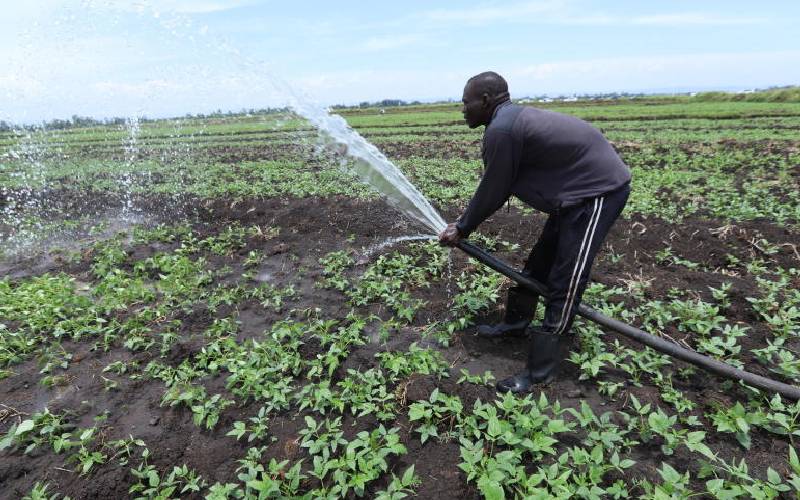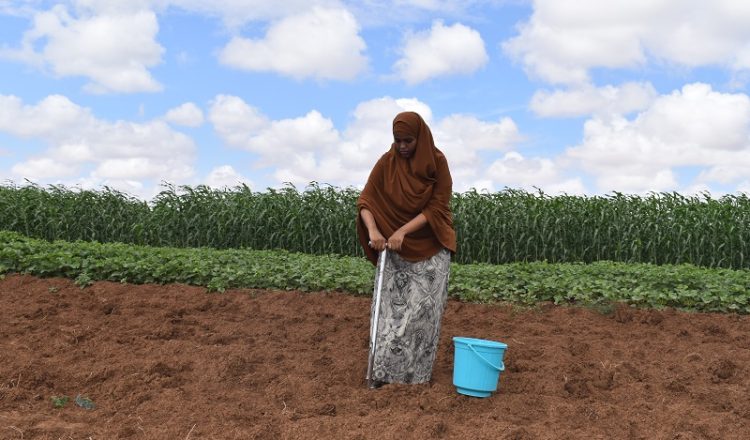In response to increasingly acidic soil, Kenyan farmers are moving away from industrial farming methods in a bid to restore soil health and improve crop yields. Benson Wanjala, a farmer on the outskirts of Nairobi, exemplifies this transition. Previously cultivating a bountiful 10-acre plot in western Kenya, Wanjala’s maize harvest dwindled from 200 to just 30 bags per season over two decades due to acidifying fertilisers.

Wanjala’s story mirrors a broader trend among small-scale farmers facing declining yields due to soil degradation. Despite initially promising results after relocating to Nairobi, Wanjala’s vegetable farm also suffered as soil quality deteriorated from increased inorganic fertiliser use. “I have no choice but to use fertilisers to support my family,” he says, reflecting a common dilemma.
Priscilla Wakarera, CEO of soil health management company Rhea, highlights the problem of over-fertilisation. Many farmers, doubling fertiliser applications to combat low yields, inadvertently exacerbate soil acidity, hindering nutrient absorption. Wakarera advocates for soil testing and regenerative agriculture, suggesting bio-fertilisers and green manure as sustainable alternatives.
Elizabeth Atieno Opolo from Greenpeace Africa warns against the long-term damage of synthetic fertilisers, promoting intercropping and crop rotation as more sustainable practices. Greenpeace collaborates with small-scale farmers and urges government support for sustainable agriculture.
This shift is crucial as Kenya, with 63% of its arable land acidic, faces declining staple crop production. The Alliance for a Green Revolution in Africa and the Food and Agriculture Organization report significant drops in maize output, exacerbating the need for imports. This issue extends continent-wide, with Africa holding vast uncultivated arable land yet spending $60 billion annually on food imports.
Kenyan farmers’ move towards sustainable practices represents a vital step in addressing soil degradation and securing long-term agricultural productivity.
- Tags: Agriculture, Kenya





